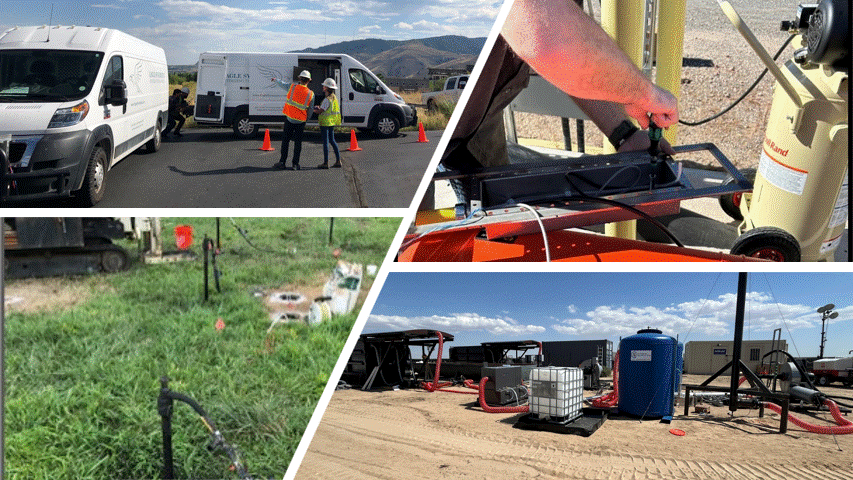
Mission - To provide environmental restoration technical services for optimized restoration support for sustainable Air Force installations.
Vision - To lead the Department of Defense in technical environmental restoration innovations and solutions through people and processes by increasing effective, efficient and sustainable approaches.
Overview - The Environmental Restoration Technical Support Branch, or CZTE, provides assets, methodologies, and technical capabilities to the Technical Support Division and supports the Environmental Restoration Division, or CZR, via surveillance for performance-based remediation contracts and remediation of contaminated sites at active installations. As stewards of the environment and responsible managers of federal funds, the Technical Support Branch strives toward continuous improvement to best support the Air Force environmental restoration efforts.
CZTE provides the Air Force with a source of subject matter expertise, in the areas of environmental chemistry, hydrogeology, risk assessment, toxicology, and engineering, that is needed to evaluate new technology and industry best practices, analyze and help resolve emerging and complex restoration issues, facilitate and enhance communications and technology transfer, and keep the Environmental Restoration Program at the cutting edge of technical issues while supporting management of program risk.